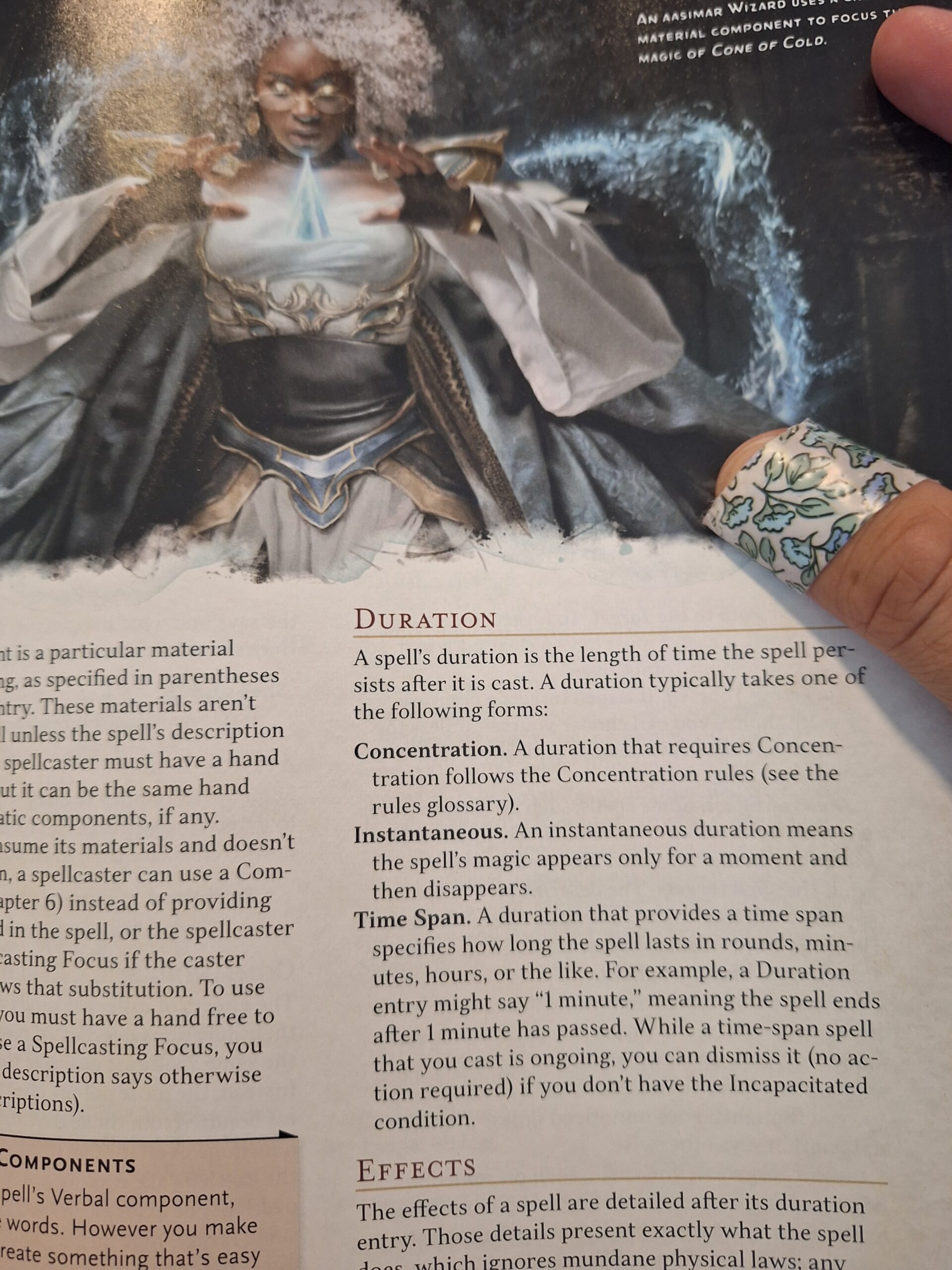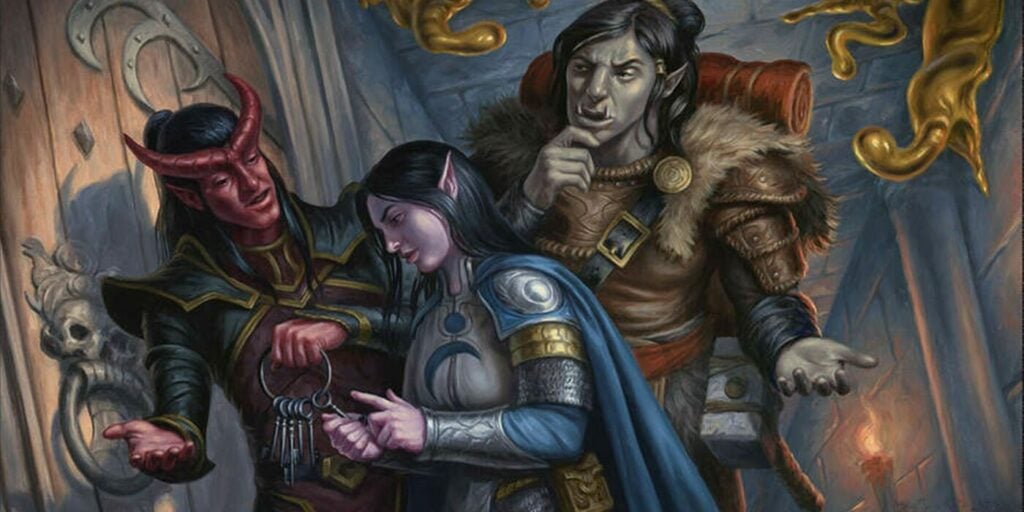D&D 5.5E Makes Important Changes to Spellcasting

From multiple spells in a single turn to crafting scrolls, the new D&D ruleset changes the way casters cast in subtle but meaningful ways.
Magic is one of the most important elements in D&D. From the multiple character options that grant you spells and spellcasting, to the spells themselves and the way it impacts the world around you. Heck, even if all you’re doing is complaining about how overpowered spellcasters are, magic has affected your game.
Which is why, when the 5.5E ruleset came out, there were a few key changes to note about the way the world of D&D works now. Spells and the casting thereof have undergone some subtle but important changes. Here’s what’s different.
Magic Changes in D&D 5.5E
Perhaps the single most important change is to a rule that has been confusing players for a decade now, and it’s the rule about casting multiple spells in a single turn. Now, the rules for casting multiple spells sort of fall under the auspices of a single rule with the header One Spell with a Spell Slot per Turn.
“On a turn, you can expend only one spell slot to cast a spell. his rule means you can’t, for example, cast a spell with a spell slot using the Magic action and another one using a Bonus Action on the same turn.”
– Player’s Handbook, 5th Edition Revised – pg 236
It is a lot clearer than the old rule—even though it sort of does the same thing. But there’s actually a little more freedom and nuance in the wording of the rule. For instance, the rule only applies to spells cast with a spell slot. But suppose you have access to the Misty Step spell and can cast it without a spell slot because you’re a High Elf of 5th level, for instance. You can Misty Step as a Bonus Action without spending a slot, but can then still cast Fireball or whatever else you want using the Magic Action.
So there are still ways to cast more than one non-cantrip spell per turn. But they depend on the spells you want to cast already being two different action types.
And if you’re thinking “what about Quicken Spell”? So did WotC. The rules for making a spell into a Bonus Action spell have been changed, slightly, making it very clear what you can and can’t do:
“When you cast a spell that has a casting time of an action, you can spend 2 Sorcery Points to change the casting time to a Bonus Action for this casting. You can’t modify a spell in this way if you’ve already cast a level 1+ spell on the current turn, nor can you cast a level 1+ spell on this turn after modifying a spell in this way.”
Player’s Handbook, 5th Edition Revised – pg 142
This comes into play if you try and cast a spell without using a spell slot, say, by casting Fireball from a Wand of Fireballs, you couldn’t then Quicken a Fireball that you would cast with a spell slot, even though you could technically still cast a spell with a spell slot, you couldn’t Quicken it, because you’ve already cast a level 1+ spell. It’s a little confusing, but it boils down to Quicken Spell working mostly after you cast a Cantrip, or before you do something else with your Action.
And if you thought that was a little confusing, bear in mind that the term Turn means something very specific. Especially opposed to the term Round. You might read these new spellcasting rules and be thinking, “wait, does this mean I can’t cast a Reaction spell if I cast Fireball on my turn?”
And the answer there is a resounding, maybe. You can’t cast a Reaction spell on your Turn after you cast a Fireball, but you could cast a Reaction spell later on in that same Round. So if you cast Fireball, and an enemy spellcaster casts Counterspell, you can’t then use your Reaction to cast Counterspell on the enemy’s Counterspell because you’ve cast a spell with a spell slot on the current Turn already. But, if later that Round, you get hit by an attack, you could cast the Shield spell using your Reaction and will probably negate the hit.
But it does mean, for whatever reason, you couldn’t cast Shield on your Turn, if say you got hit with a Reaction Attack after casting Fireball. It’s an important change. And one that I think may take a while to sink in. But while we’re in early access, that’s the time to see how it all starts fitting together.
Again, this is just one example of changes to the core rules of the game. There are plenty more out there, and we’ll be digging deeper as we get further in to the new edition.
Happy adventuring!




